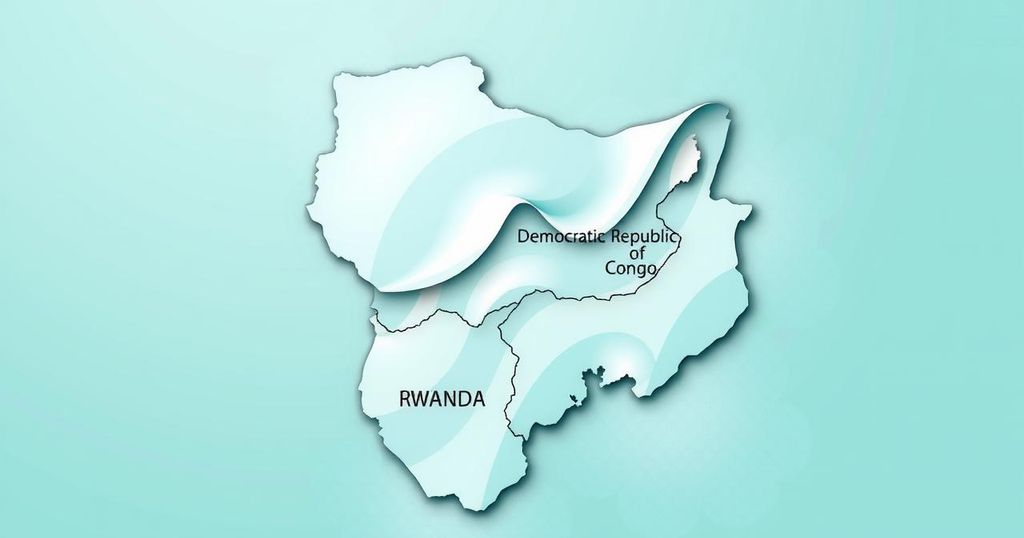DRC and Rwanda Sign Peace Deal Amid Ongoing Doubts Over Success

- The DRC and Rwanda have signed a peace deal aimed at ending the conflict.
- US President Trump claims the deal includes significant US mineral rights.
- The M23 rebel group has expressed doubts about the agreement’s impact.
- DRC and Rwandan foreign ministers facilitated the agreement in Washington.
- Both parties acknowledge the challenges that lie ahead and previous failures.
DRC and Rwanda Reach Historical Peace Agreement
The Democratic Republic of Congo (DRC) and Rwanda have made significant headlines recently as they signed a peace deal, claimed to be brokered by US President Donald Trump. The agreement aims to finally address a brutal conflict in the DRC that has persisted for over thirty years and has led to the tragic loss of approximately six million lives. This development has been described by US Secretary of State Marco Rubio as an essential moment towards peace in a region plagued by violence.
Skepticism Surrounds M23 Rebel Group’s Role
Following the signing ceremony held in Washington, President Trump made bold claims regarding the deal, remarking that his administration secured not just peace, but also substantial mineral rights for the United States from the DRC’s wealth of natural resources. Despite the optimism surrounding this peace agreement, questions persist around the actual commitment of all involved parties. Notably, the influential M23 rebel group, a key player in the conflict, has expressed skepticism about the agreement’s enforceability and has not formally consented to the terms established.
Commitment to Peace Remains Questionable
The peace deal was signed by DRC’s Foreign Minister, Therese Kayikwamba Wagner, and her Rwandan counterpart, Olivier Nduhungirehe, during a ceremony attended by Secretary Rubio. Wagner emphasized the importance of acknowledging the millions of victims during the signing, urging that the affected communities expect this peace to be given due respect. Nduhungirehé also echoed sentiments of uncertainty and cautioned against optimism. He warned that merely signing a document does not ensure peace, especially given the history of unfulfilled agreements in the region, but he expressed hope for a turning point facilitated by international support.
In summary, the recent signing of a peace deal between the DRC and Rwanda, brokered by the United States, is being presented as a ray of hope after decades of conflict. However, strong doubts linger about the genuine commitment from all parties involved, especially with the M23 rebel group not officially part of the agreement. Moving forward, the success of this deal hinges not only on adherence by signatories but also on sustained international support to ensure noticeable improvements in the lives of those impacted by the ongoing discord.






